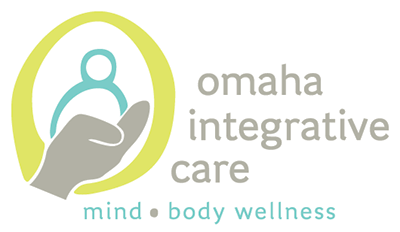
Making time for leisure activities and hobbies is an essential part of creating a life balance. It can look different for everyone, but doing something you love and enjoy can benefit your overall health and well-being.
Occupational therapy & leisure
One important aspect of occupational therapy is facilitating participation in meaningful activities. This includes any daily occupation that the person engages in that is important and holds value. Participating in leisure activities is necessary to achieve life balance and cannot be replaced by other activities. Studies show that individuals gain more than just relaxation and enjoyment from leisure. By participating in leisure activities, individuals gain higher levels of self-esteem, experience a sense of control, and acquire better coping skills for stress, disability, and illness.
Scheduling leisure
Many people feel overwhelmed at the thought of adding additional activities to their “to-do” list. However, scheduling time for leisure activities helps ensure you won’t forget it. When you carve out breaks in your schedule to make time for leisure, you are prioritizing your overall health and may notice you have more motivation to complete everyday tasks. Adding small forms of leisure into your routine will make you more consistent and allow you to build sustainable daily routines.
Preventing burnout
Burnout comes in many different forms and can affect physical, mental, and behavioral health. Burnout can also have effects on your social, work, and home life. Working yourself to the point of exhaustion can increase the risk of health issues. Leisure activities can provide enjoyment, amusement, and pleasure as well as reduce mental fatigue, lower stress levels, improve quality of sleep, elevate mood, reduce symptoms of anxiety and depression, enhance memory, and improve problem solving skills.
Here are some leisure activities that can be incorporated into daily living:
- Start a hobby: Hobbies can be a great way to unwind and relax. Hobbies can allow you to express creativity and learn new skills. Some hobbies can unlock a wealth of social benefits, including combating loneliness, building social connections, and supporting sharper social skills. Other hobbies can have behavioral benefits and can lead to positive health habits and routines.
- Spend time in nature: Nature can have a calming effect on the body and mind. Spending time in nature can help reduce stress and improve overall well-being. Going for a hike, walking in the park, or simply spending time outside are great ways to connect with nature.
- Practice mindfulness: Mindfulness involves bringing your focus to the present moment and becoming aware of other thoughts. The way we think, and what we think about, can affect how we act and feel. Mindfulness can be achieved through meditation, yoga, or simply focusing on your breath.
- Volunteer: Volunteering is a great way to give back to your community and make a difference. Volunteering can be a rewarding experience while also gaining the benefits of participating in leisure activities.
Leisure looks different for everyone. It can look like going to the gym, spending time outdoors, playing a sport, cooking, art, or listening to music. Doing something you love can benefit your overall health and wellbeing through improving self-esteem and cognitive functioning. Take time for yourself and engage in activities that bring you joy and fulfillment.
Caitlynn Peterson is an occupational therapy student at College of Saint Mary in Omaha, Neb. She is completing her 14-week doctoral capstone project with Omaha Integrative Care as the final step of obtaining her degree.

Connect With Us